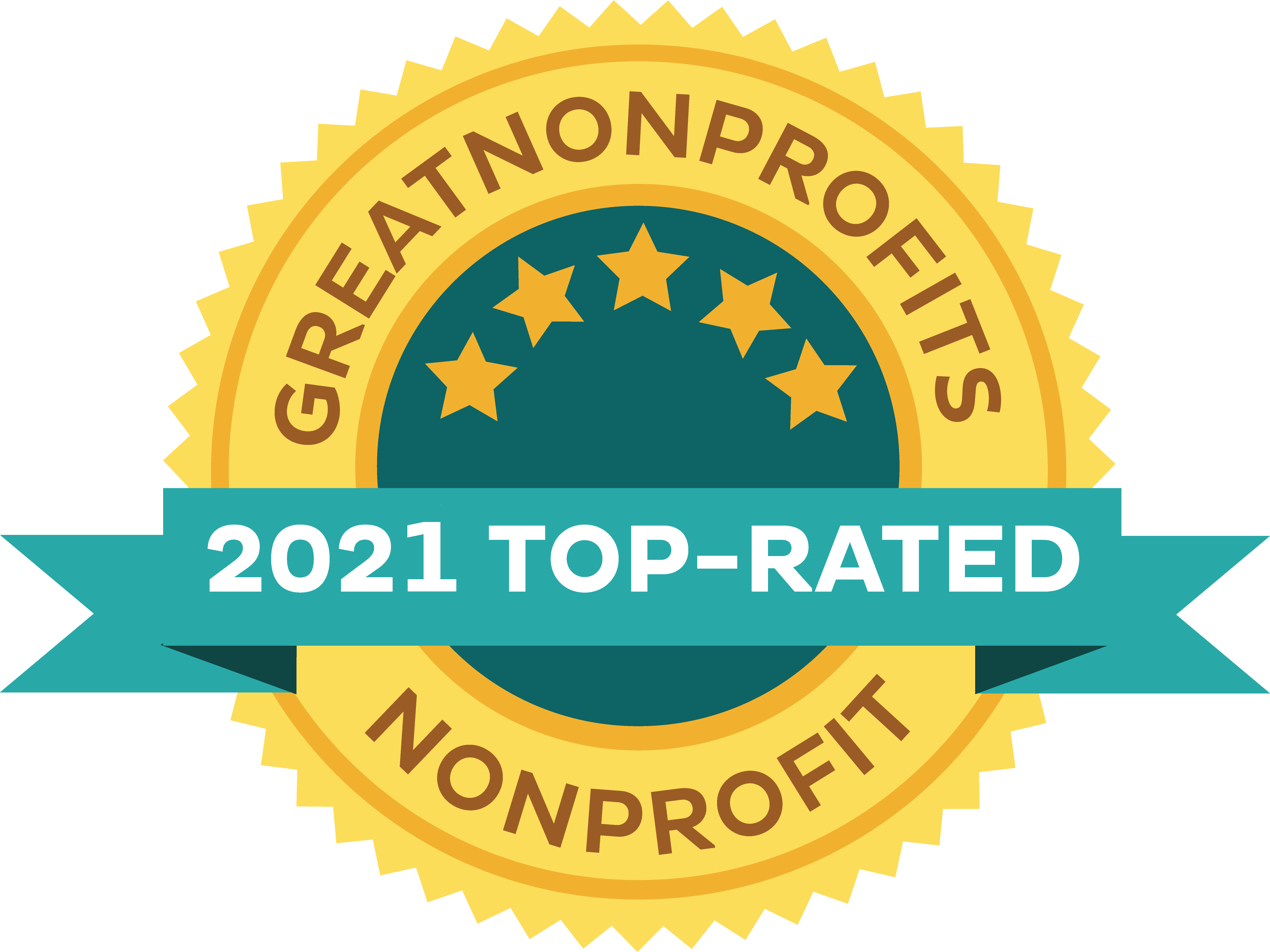In the expansion of its collections, the Institute has been laying down in 2011 the basis of what will be the largest digital library of ancient Greek medical texts. This new collection will comprise the digital version of both available published editions of classical texts from Hippocrates to the late Alexandrian school and somewhat later, and texts that have remained unpublished so far, but are not less important.
Complementary, the Institute has analyzed the way to create a digital collection of Greek medical manuscripts and to link this library with its digital library of texts. In this context, CEO Emanuela Appetiti and Scientific Director Alain Touwaide have met in May 2011 with the Praefectus of the Vatican Library, Dr Cesare Pasini, and have prospected a possible collaboration.
A similar collection is the web site PLANT-Plantarum Aetatis Novae Tabulae (Renaissance Botanical Illustration) developed by the Institute in collaboration with the National Library in Rome, the Library of the Botanical Garden in Padua, and the Smithsonian Institution Libraries. During the past year, the Institute has pursued its work and produced several biographies of authors based on the analysis of their works. Additionally, brief biographical sketch of publishers have been prepared. The Web site was presented during the international conference Life & Literature organized by the Biodiversity Heritage Library (BHL) in Chicago in November. Though much smaller than the BHL (which aims to digitize all the taxonomic literature produced worldwide after Linnaeus), the PLANT Web site adds a fundamental dimension to the BHL: it provides the antecedents of the Linnaean and post-Linnaean literature. By making it possible to understand the genesis of modern taxonomy, the PLANT web site is a reference work for any further research on the development of modern science.
The new digital library of Greek medical texts–coupled or not with manuscripts–that the Institute has been developing will complete the PLANT Web site and the collection of Latin medical works already available (in the form of samples) on the web site of the Institute: Latin texts of the Early, and Post-Salernitan Middle Ages, and the Renaissance. This whole body of literature produced by the Institute will be the most extensive collection of material illustrating the classical medical tradition from its Greek origin, Hippocrates and his followers up to almost Linnaeus.
Complementing these primary sources, the Institute has also been promoting interpretative studies. In collaboration with the publishing company Ashgate, specialized in ancient, medieval and Renaissance history (including Byzantium and the Arabic World), Alain Touwaide has created the collection Medicine in the Medieval Mediterranean. Its first volume, on health and disease in Byzantine Crete by Chryssa Bourbou, came out at the closing of the year 2010. In 2011 two new volumes were published: one is the Arabic translation of Galen’s treatise on critical days by Glen Cooper, which offers not only the text of the Arabic version and its translation into English, but also a study of the reception of Galen’s theories on pathological determinism among Arabic physicians. The second volume published in 2011 is devoted to a modern notebook–a iatrosofion–by a 19th-century physician of Crete. The masterful study of this iatrosofion by Patricia Clark that accompanies the edition and translation of the Greek text, shows how recent medical manuals like this provide keys for the understanding of earlier, viz. Byzantine medical literature or, more generally, the whole medical tradition of the Mediterranean world.
Last but far from least, during the year 2011, the Institute has published three issues of its Archaia/Nea newsletter. The constantly growing readership of the newsletter has been further amplified thanks to several other e-lists that have relayed Archaia/Nea to their own readership and have further contributed to inform the world of plant- and tradition-oriented scientists and scholars worldwide about the activities of the Institute.


